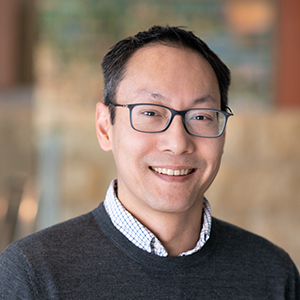The U.S. Census Bureau should diversify its sources of data. That’s Misty Heggeness’ opinion. And it’s based, of course, on data.
The random surveys that the agency relies on contain a big flaw. Hard to believe, but people sometimes lie.
For example, when husbands earn less than their wives, both spouses—not just the husband—had a tendency to inflate the husband’s wage and deflate the wife’s, Heggeness found. IRS records, based on reports from employers, revealed their real wages.
Heggeness believes survey respondents fudged the numbers, perhaps unintentionally, to minimize differences with cultural expectations.

Historically, the Census tried to count every U.S. resident, a laborious and costly once-a-decade process. During the Great Depression, the need for up-to-date unemployment statistics forced the agency to use random sampling in noncensus years.
These surveys have since become its go-to tool. But they’re so 20th century.
In the age of big data, Heggeness argues, there are more options. “The world around us today does not look like the world around us in the 1930s in terms of data and what’s available,” she said. “But we still conduct household surveys in that same method.”
—Misty Heggeness
One new tool could be the mountain of administrative data the IRS and other agencies gather each year.
Heggeness’ latest project is understanding how data from social welfare programs, such as the Supplemental Nutrition Assistance Program, can shed more light on poverty. Some SNAP recipients, she found, would deny they received such aid in surveys, possibly because of the stigma of poverty.
With a background in social work, Heggeness has long been interested in family dynamics and poverty. In college, she worked for the Venezuelan child welfare ministry and interned at the United Nations in Chile, where she studied poverty. She said she ended up in economics because she felt she could help more people by influencing public policy, especially around families.
“The family unit is way more important than your career or job choices, when you think about it,” she said, “because it exists within you for such a longer strand of time.”
Tu-Uyen Tran is the senior writer in the Minneapolis Fed’s Public Affairs department. He specializes in deeply reported, data-driven articles. Before joining the Bank in 2018, Tu-Uyen was an editor and reporter in Fargo, Grand Forks, and Seattle.




